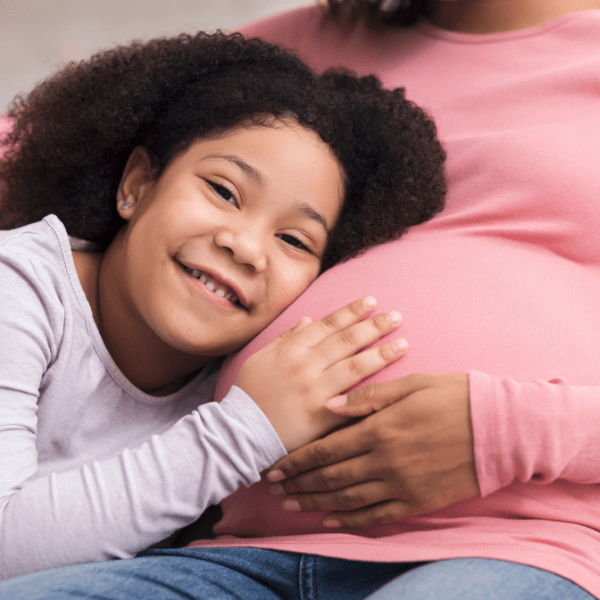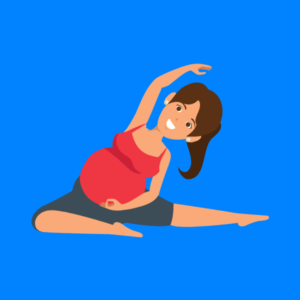An exciting milestone of being pregnant is when you first feel the tiny sensations of your baby moving inside your womb. It might seem for the first time, you feel the real physical connection to your little one.
Feeling your baby move is a sign that they are well. You will notice first movements , a process called “quickening” between 16 – 20 weeks of pregnancy. If it is your first baby, you may not feel it till around 20 weeks, However, if you have been pregnant before, you might notice movements as early as 16 weeks.
What will my baby’s movement feel like?
The type of movements you feel will depend on your baby’s stage of growth and development. Each baby is different so you will just need to know your baby’s patterns after a while. However here is a rough guide on what to expect:
16 weeks to 20 weeks
You’ll probably notice faint and fluttery feelings (like ‘butterflies in your tummy or gas bubbles ’), swishing, rolling or tumbling sensation or a tiny kick) in your tummy at around 18-19 weeks.
If this is not your first pregnancy you may notice your baby’s movements even earlier, at around 16 weeks.
20 weeks to 24 weeks
Your baby’s movements are starting to become more defined and You might also begin to feel slight kicks or jerking movements as your baby hiccups. Not to worry, it’s an important part of their breathing. As the weeks go by, your baby’s movements normally become more distinct and frequent.
24 weeks to 28 weeks
Your baby should be very active, so you may notice frequent movements as their kicks gets heavier . Limb movements may feel punchy and take your breath away.
29 weeks to 31 weeks
Your baby is likely to be more definite movements, such as strong kicks and pushes, so you should be able to start studying your baby’s patterns by now. You will start to feel your baby move on the outside of your bump so you may see the little hands or feet poke through your bump.
32 weeks to 36 weeks
Your baby may begin to move into the birthing position. Your baby’s kicks may be at its peak now as he/she is twisting and turning. You may also feel as if he’s fighting for space, as he/she becomes gets bigger and becomes more cramped in your womb (uterus). As your baby grows and has less room to move, you may notice that the type of movement you feel changes. They may start to feel more slower due to lack of space but this does not mean the movements should be reduced.
36 weeks to 40 weeks
As you approach your due date, your baby is now gradually reaching its birth weight, which means they might not have as much room to move about, however, little one’s pattern should remain the same. Instead, you may notice strong but less frequent kicks and jabs to your ribs. Your baby’s movements may feel slower, but also harder and stronger.
It’s normal to notice a change in the types of movement you feel in late pregnancy. But you should still be feeling your baby move right up until, and even during labour itself.
Should I track my baby’s movement?
There are no set number of movements a baby should have, so counting kicks no longer recommended as it may cause unnecessary worries.
Instead, try and remember your baby’s daily routine to understand what their ‘normal’ is. Your baby will have periods of sleep that mostly last between 20 and 40 minutes, and may even last up to 90 minutes. It is different for each baby. If you notice anything unusual, seek out medical help as soon as possible.
What should I do if my baby stops moving?
If you haven’t felt any movement from your baby by 24 weeks, consult your doctor or midwife. If you think your baby’s movements have decreased in strength or number, contact your midwife or doctor immediately. Do not wait until the next day.
Your doctor or midwife will check on your baby’s heart rate often by using the CTG Machine.



